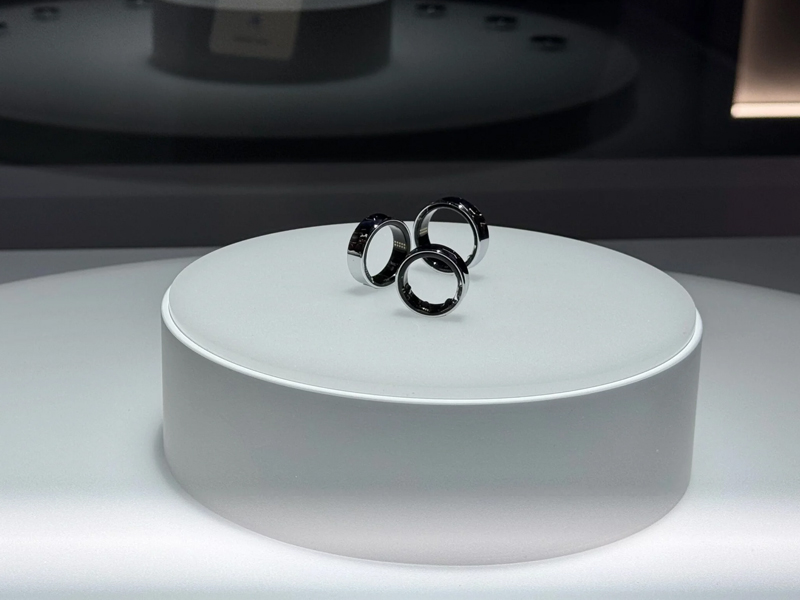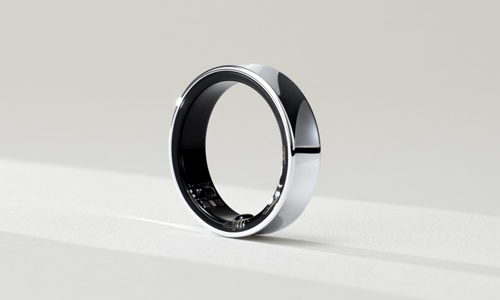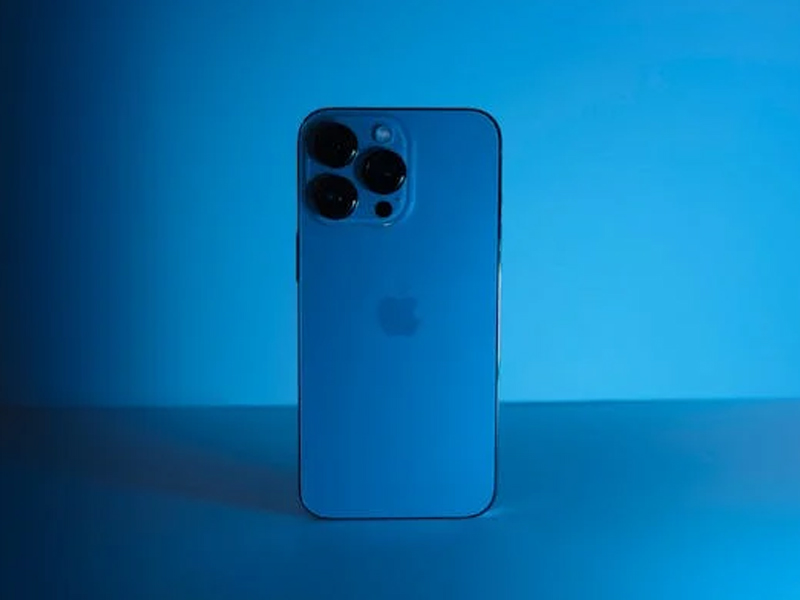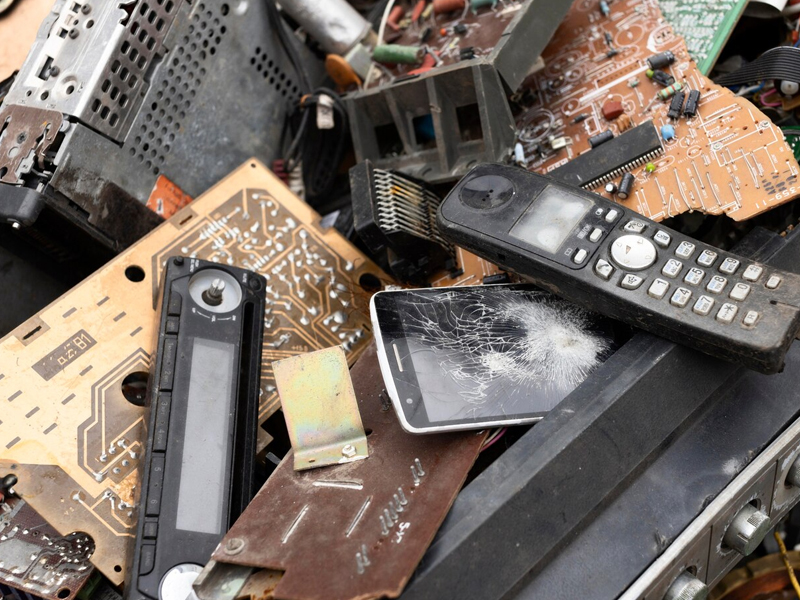The King of Rings? Unveiling the Samsung Galaxy Ring’s Impressive Battery Life

Tech Gadgets
Why Does Battery Life Matter in Wearables?
Let’s face it, constantly needing to recharge a tiny device can be a pain. Short battery life discourages consistent wear, hindering the ability of wearables to effectively track our health and fitness data. A longer-lasting battery, like the one promised by the Galaxy Ring, offers several advantages:Reduced charging anxiety
No more scrambling for a charger just before a workout or a big day. The Galaxy Ring allows you to focus on your activities without worrying about running out of juice.More comprehensive data collection
With consistent wear, the Galaxy Ring can collect a more complete picture of your health and activity levels. This allows for more accurate insights and personalized recommendations.Enhanced user experience
A longer-lasting battery translates to a smoother and more seamless user experience. You can wear the Galaxy Ring continuously without interruptions for charging, making it a truly integrated part of your daily routine.The Tech Behind the Impressive Battery Life
The specifics of the Galaxy Ring’s battery technology haven’t been officially revealed by Samsung. However, rumors suggest two factors might contribute to its impressive longevity:Smaller, More Efficient Battery
Smart rings have limited space for large batteries. Samsung might be utilizing a smaller, more energy-efficient battery specifically designed for this form factor.Low-Power Processing
The Galaxy Ring is likely to prioritize efficient processing to minimize battery drain. This might involve focusing on essential health-tracking features while limiting more power-hungry functionalities.How Does the Galaxy Ring Compare?
 Image Source: samsung.com
While 9 days is certainly impressive, let’s see how the Galaxy Ring stacks up against other popular smart rings in terms of battery life:
Image Source: samsung.com
While 9 days is certainly impressive, let’s see how the Galaxy Ring stacks up against other popular smart rings in terms of battery life:
-
Oura Ring: Up to 7 days
-
UltraHuman Ring: 4-6 days
-
Motiv Ring: Up to 5 days
Beyond Battery Life: The Potential of the Galaxy Ring
The impressive battery life is just one aspect of the Galaxy Ring’s potential. While details are still under wraps, rumors suggest it might boast features like: Advanced health tracking: Sleep monitoring, heart rate tracking, and potentially blood oxygen monitoring. Fitness tracking: Step counting, activity tracking, and workout analysis. Smart assistant integration: Controllable through voice commands with Bixby or Google Assistant. Contactless payments: A secure and convenient way to make purchases.The Future of Wearables: A Move Towards Long-Lasting Power?
Samsung’s Galaxy Ring, with its extended battery life, could be a game-changer. It highlights the increasing focus on user experience and convenience in the wearables market. Here’s what this might mean for the future:A shift towards lower-power processing
Manufacturers might prioritize efficient processing to extend battery life without compromising core functionalities.Innovation in miniaturized battery technology
Advancements in battery technology could lead to even smaller, more powerful batteries for wearables.Wider adoption of smart rings
The Galaxy Ring’s success could pave the way for a surge in popularity of smart rings as a viable alternative to traditional wearables.A Promising Step in Wearable Tech
The Samsung Galaxy Ring, with its extended battery life, marks a significant step forward for wearables. By focusing on user convenience and long-lasting power, Samsung could set a new standard in the wearable tech landscape. While we wait for the official release, one thing is certain: the Galaxy Ring has sparked a conversation about what’s possible for the future of wearables, and the focus on long-lasting power is a welcome development for users everywhere.Frequently Asked Questions?

01
Mobile Technology
iPhone Repair Just Got Easier: No More Disabling Find My Before Service
May 4, 2024

01
Tech news
Tech for a Greener You: Apps to Empower Your Sustainable Lifestyle
May 3, 2024

01
Internet of Things
Tesla’s Robotaxi: A Driverless Future on the Autobahn (or Freeway)?
May 2, 2024

01
Tech Gadgets
Don’t Trash Your Tech! Combating E-waste & Embracing Responsible Gadget Disposal
Apr 30, 2024
SUSBSCRIBE TO OUR NEWSLETTER
Join our subscribers list to get the latest news and special offers.
iPhone Repair Just Got Easier: No More Disabling Find My Before Service
Tech for a Greener You: Apps to Empower Your Sustainable Lifestyle
Tesla’s Robotaxi: A Driverless Future on the Autobahn (or Freeway)?
Meta Llama 3: Jack of All Trades, Master of None (But Still Free!)